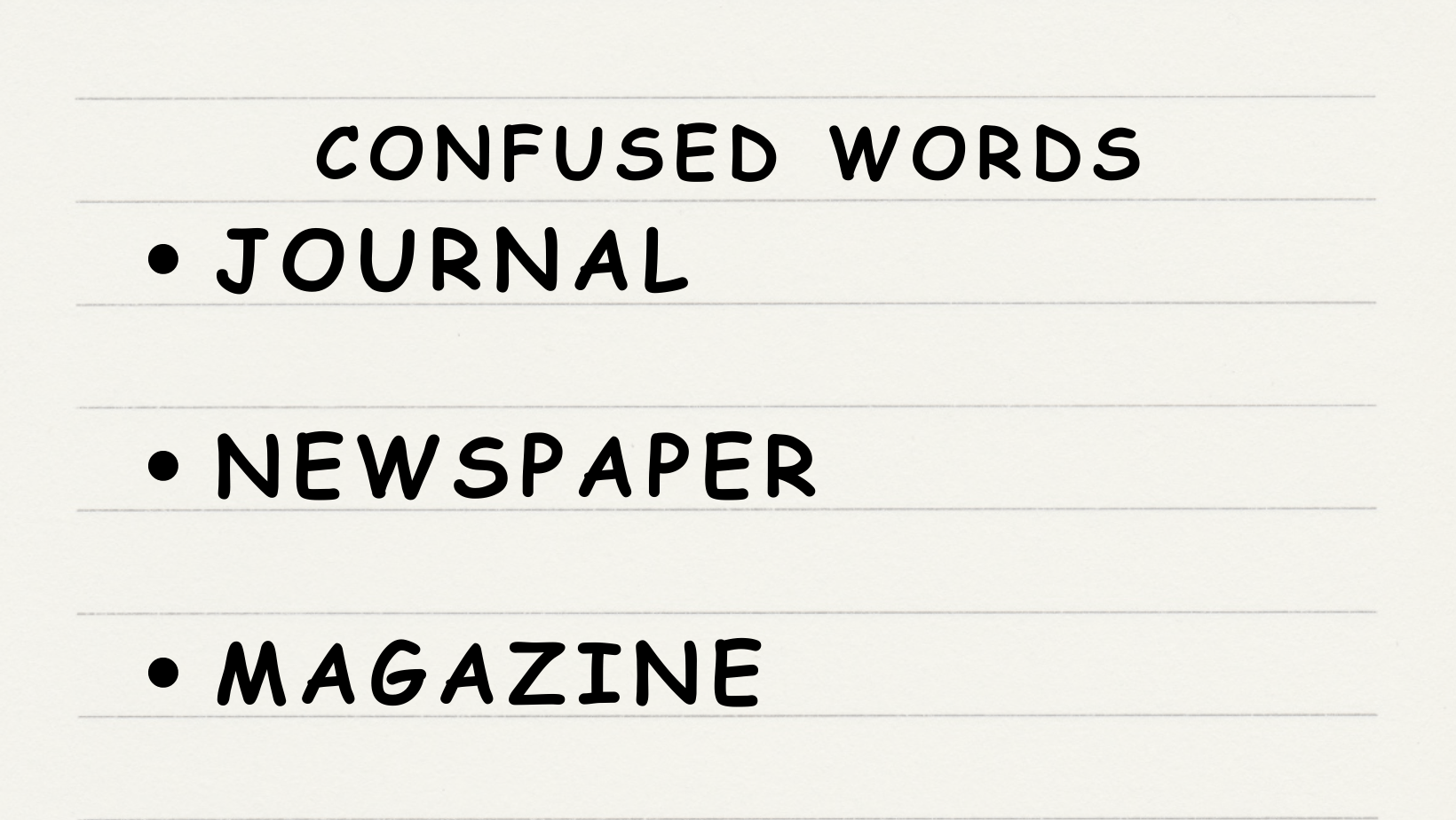
Hello, language explorers! Today, we’re diving into the English language’s captivating depths to distinguish two often-confused words: “grateful” and “thankful.” Although similar, each word carries a unique shade of meaning that can add subtlety and depth to your expressions.
Definition
“Grateful” is feeling appreciation towards someone’s specific actions or kindness that directly benefits us, often tinged with a sense of obligation or indebtedness.
On the other hand, “thankful” is expressing a broader sentiment of gratitude, more about acknowledging anything pleasing or beneficial without necessarily having an obligation.
Usage
Grateful:
- “I’m grateful for your guidance.” – Shows appreciation for specific help received.
- “She was grateful for the unexpected gift.” – Expresses thankfulness for a specific gesture.
- “He felt grateful to his coach for the relentless training.” – Acknowledging the benefit received from rigorous training.
- “They’re grateful for the rescue team’s prompt response.” – Appreciation for a timely rescue operation.
- “We’re grateful for the kind hospitality.” – Expresses gratitude for the warm welcome.
Thankful:
- “I’m thankful for life’s simple pleasures.” – General gratitude for life’s small joys.
- “She’s thankful for the community support.” – Appreciation for community solidarity.
- “We’re thankful for good health.” – Acknowledging the blessing of wellness.
- “He’s thankful for quiet evenings at home.” – Pleasure found in tranquil moments.
- “They’re thankful for a successful harvest.” – General gratitude for agricultural success.
Structure
Both “grateful” and “thankful” are adjectives and adhere to this structure:
[Subject] + [to be verb] + [grateful/thankful] + [for] + [Object/Reason]
For example, “I am thankful for this meal” or “They are grateful for your help.”
Conclusion
Remember, while “grateful” reflects a response to a specific act of kindness, “thankful” speaks to a broader sense of appreciation. These subtle differences can help you choose the right word to convey your sentiments more accurately. Keep practicing and you’ll soon master these nuances in no time!


